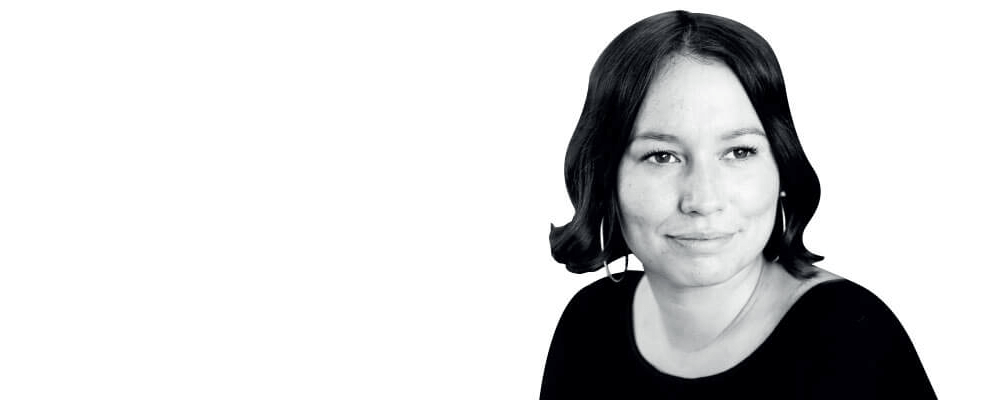
Mental Health Awareness Week in 2021 (May 10–16) feels more relevant than most. Over the last 12 months, ophthalmologists have faced untold personal and professional crises, as elective surgery were halted and resources were redistributed to frontline workers. When things returned to some kind of normality (a loose term, at best), some practices struggled to accommodate rapidly changing regulations – and rapidly growing wait lists – while others were forced to shut their doors for good.
But the places worst affected are often the hardest to see. In 2020, the British Medical Association investigated the personal impact COVID-19 on doctors’ wellbeing. Seven thousand participants described how long working hours in unfamiliar settings, intensified conditions, worries about PPE, and fear of contracting the virus – and passing it on to their loved ones – had negatively affected their mental health. 43 percent said they had experienced work-related depression, anxiety, stress, burnout, emotional distress, or other mental health conditions since the pandemic started (1).
Though ophthalmology has been less directly impacted than some other specialties, the mark left upon it is no less serious (lest we forget, it was ophthalmologist Li Wenliang, who raised awareness of early COVID-19 infections in Wuhan.)
For the sake of full transparency, this issue was supposed to look quite different; until a week ago, our feature was scheduled to explore the Orbis project addressing ROP in India. But, understandably, our contacts were occupied by the country’s escalating second wave – a stark reminder that the pandemic has left no physician and no person untouched.
In honor of Mental Health Awareness Week (but whenever you read this), I ask you to be kind to yourselves. Speak to someone if you need to. Know that what you do and who you are matters. You can find a list of mental health resources on our Twitter, as well as links to organizations campaigning to reduce the stigma around physician mental health. Studies have found that 35 percent of doctors do not seek regular health care for themselves (2). And that statistic has to change. Remember that these are (still) challenging times, and you deserve the same care you provide to your patients. Resting and recharging – however that may look to you – is an essential part of protecting your mental wellbeing.
Our thoughts go to our readers and their loved ones in India. I can only hope it passes soon.
References
- BMA (2020). Available at: https://bit.ly/3y1yI1q.
- C Gross et al, Arch Intern Med, 160, 27 (2000). PMID: 11088080.
